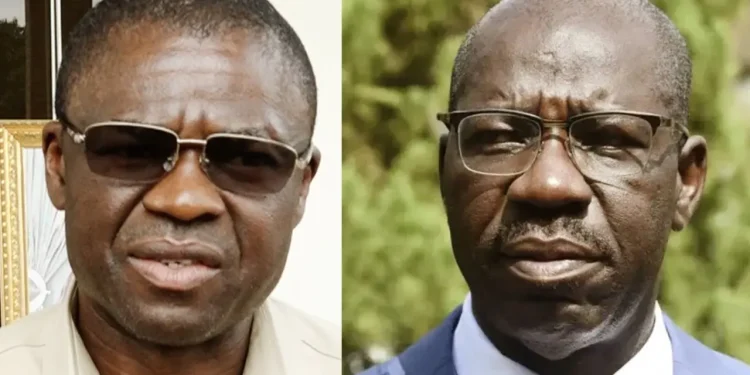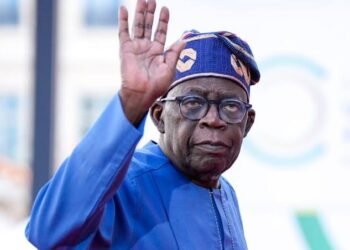Shaibu Remains Impeached – Says Obaseki
In the ever-evolving landscape of Nigerian politics, the recent impeachment of Shaibu has stirred significant controversy and debate. This article delves into the intricacies of the situation, shedding light on the key players, the legal ramifications, and the broader implications for governance in the state.
Background of the Impeachment
Shaibu, a prominent political figure, found himself at the center of a political storm when allegations of misconduct led to his impeachment. The reasons cited for this drastic measure included accusations of corruption, abuse of power, and failure to adhere to the ethical standards expected of his office. The initial reactions were mixed, with some supporting the move as a necessary step towards accountability, while others viewed it as a politically motivated action.
Governor Obaseki’s Statement
Governor Obaseki, in a recent statement, reaffirmed the decision to impeach Shaibu, emphasizing the need for integrity and transparency in governance. He highlighted the importance of upholding the rule of law and ensuring that public officials are held accountable for their actions. Obaseki’s statement has significant implications, reinforcing the administration’s stance on corruption and governance.
Political Reactions
The political landscape has been rife with reactions from various quarters. Political parties have weighed in, with some supporting the impeachment as a step towards cleansing the political system, while others have criticized it as a witch hunt. Public opinion has been equally divided, with media coverage reflecting the polarized views on the matter.
Legal Aspects
The legal grounds for Shaibu’s impeachment are rooted in the state’s constitution, which outlines the procedures and justifications for such actions. However, the process has not been without its challenges, with potential legal battles looming as Shaibu’s supporters prepare to contest the decision in court.
Impact on Governance
The immediate effects of Shaibu’s impeachment on state governance are palpable. There has been a reshuffling of key positions, and the administration is working to maintain stability amidst the political turmoil. Long-term implications include potential shifts in political alliances and the overall approach to governance in the state.
Public Sentiment
Public sentiment has been a mixed bag, with social media platforms buzzing with opinions and debates. Hashtags related to the impeachment have trended, reflecting the widespread interest and engagement from the public. The reactions range from support for the move to calls for a more transparent and fair process.
Comparative Analysis
Looking at similar cases in other regions, it becomes evident that political impeachments are not uncommon. Each case offers lessons on the importance of due process, the role of public opinion, and the impact on governance. These comparisons provide valuable insights into the current situation and potential outcomes.
Future Prospects
As the dust settles, the future for Shaibu remains uncertain. Legal battles are likely to ensue, and his political career hangs in the balance. The state may witness shifts in political dynamics, with new alliances forming and old ones dissolving. The situation presents an opportunity for reflection and potential reform in the political system.










![Portable Orders Assault On Car Dealer Over Delayed Vehicle Delivery [VIDEO]](https://accesspost.ng/wp-content/uploads/2024/09/Portable-120x86.jpg)


